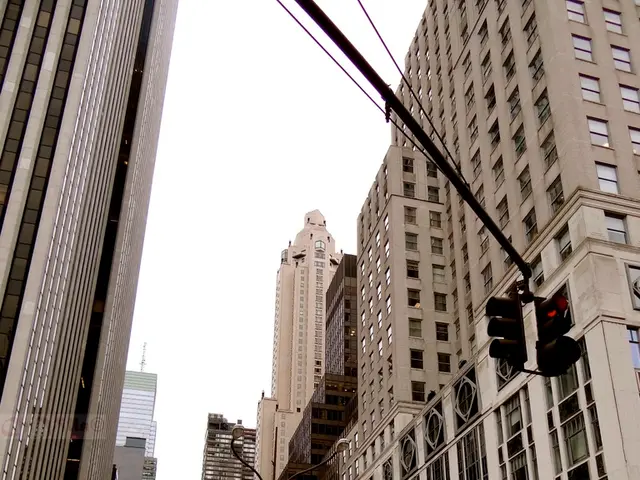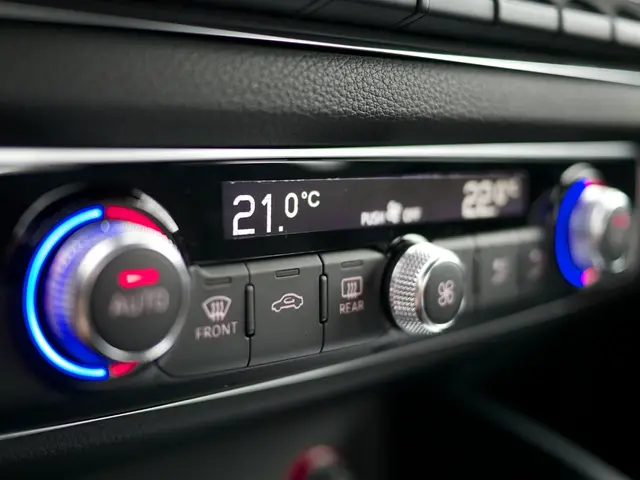South Korea Introduces Native Stablecoin KRW1 on Avalanche Blockchain Network
In the heart of Asia, South Korea is making waves in the world of digital finance with the successful launch of KRW1, a digital version of the Korean won. This innovative currency, running on the Avalanche blockchain, is becoming a template for other nations looking to create their own national digital currencies.
BDACS, a South Korean crypto custody firm, launched KRW1 after completing technical testing with Woori Bank. The digital currency was designed with government use in mind and is backed 1:1 by actual Korean won held safely at Woori Bank. This strong institutional backing gives KRW1 an advantage in the competitive digital finance landscape.
BDACS has built systems for issuing tokens, managing reserves, and verifying transactions for KRW1. To enhance transparency and build trust, KRW1 uses real-time banking connections to prove its reserves exist.
BDACS plans to offer KRW1 as a low-cost payment system for public programs. They also developed a user app for sending money and checking transaction details. As regulations become clearer and more companies enter the market, South Korea's digital finance sector looks set for significant growth.
The success of KRW1 shows how South Korea is positioning itself as a leader in the global shift toward digital finance. With at least three major banks - Kakao Bank, Kookmin Bank, and Industrial Bank of Korea - having filed trademark applications for their own Korean won stablecoins, it's clear that South Korea is at the forefront of this revolution.
Discussions about virtual asset rules in South Korea's National Assembly have been postponed until at least 2025 due to martial law declarations and impeachment proceedings. However, the proposed Digital Asset Basic Act allows Korean companies to issue stablecoins, indicating the government's commitment to the digital finance sector.
The Financial Services Commission plans to submit a government bill for the creation of South Korea's first official framework for stablecoins in October 2025. South Korea's approach to digital finance, combining traditional banking with blockchain technology, could help other countries feel more comfortable about creating their own national stablecoins.
In the first quarter of 2025, USD stablecoin transactions reached 57 trillion won ($42 billion) on South Korean exchanges, indicating strong demand for stable digital currencies. As South Korea continues to lead the way in digital finance, it's clear that the future of money is digital.
BDACS believes it has an advantage because KRW1 is already operational with strong institutional backing from Woori Bank and global blockchain partners. They plan to expand KRW1 to other blockchains to improve compatibility and explore partnerships with dollar-based stablecoins like USDT and USDC.
As the world moves towards a more digital future, South Korea's KRW1 could become a blueprint for other nations looking to create their own national digital currencies. With its strong foundation, transparency, and institutional backing, KRW1 is poised to play a significant role in the global shift towards digital finance.
Read also:
- Ford Discontinues Popular Top-Seller in Staggering Shift, Labeled as a "Model T Event"
- 2025 Witnesses a 27% Surge in Worldwide Electric Vehicle Sales, Despite Opposition to Electrification Policies in the U.S.
- Summarized Report: Insights from the Realm of Transportation
- Recorded surge in electric vehicle registrations during the initial half of the year








